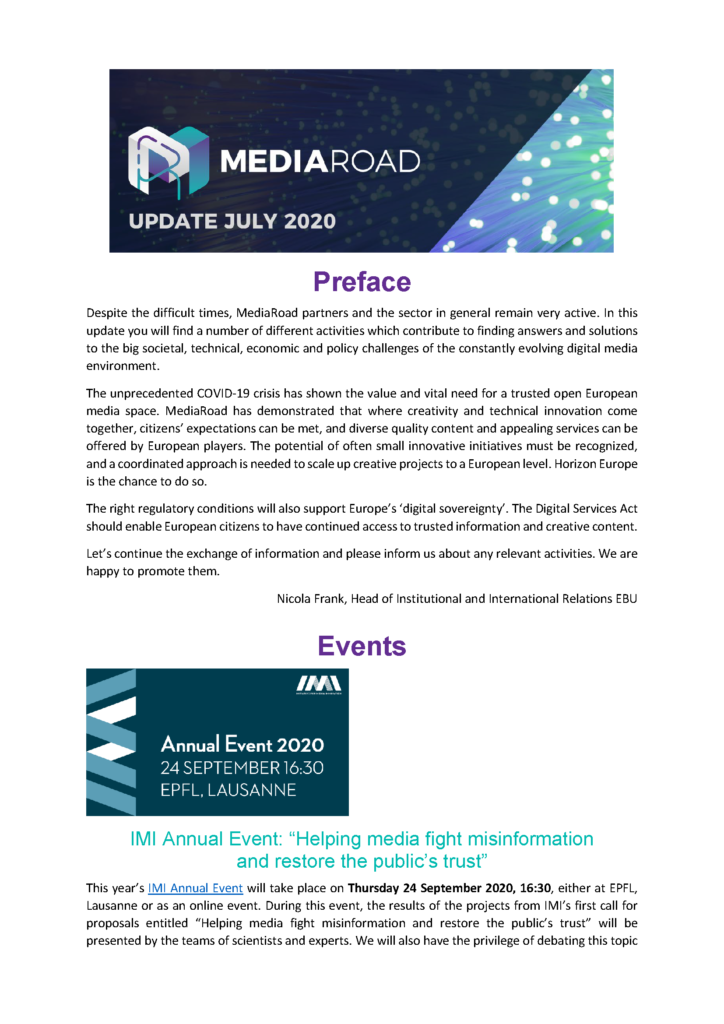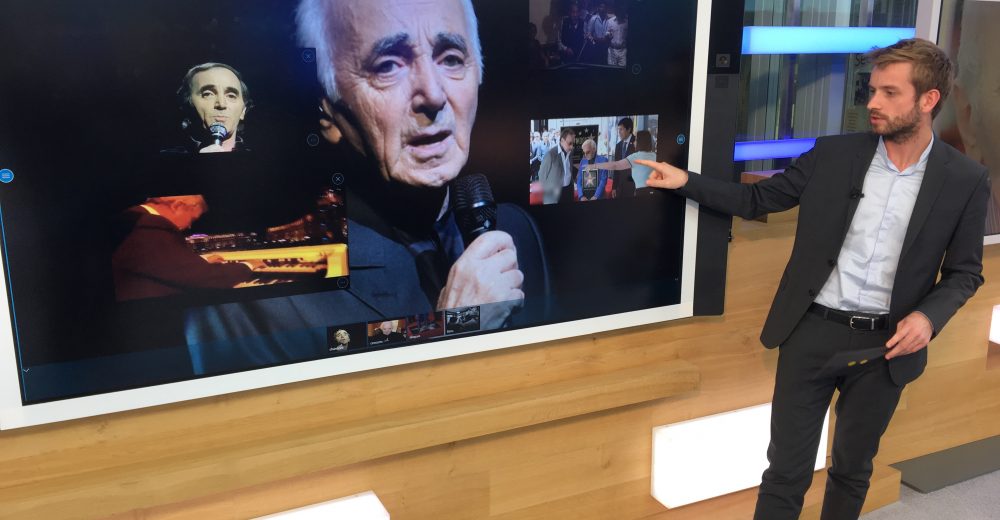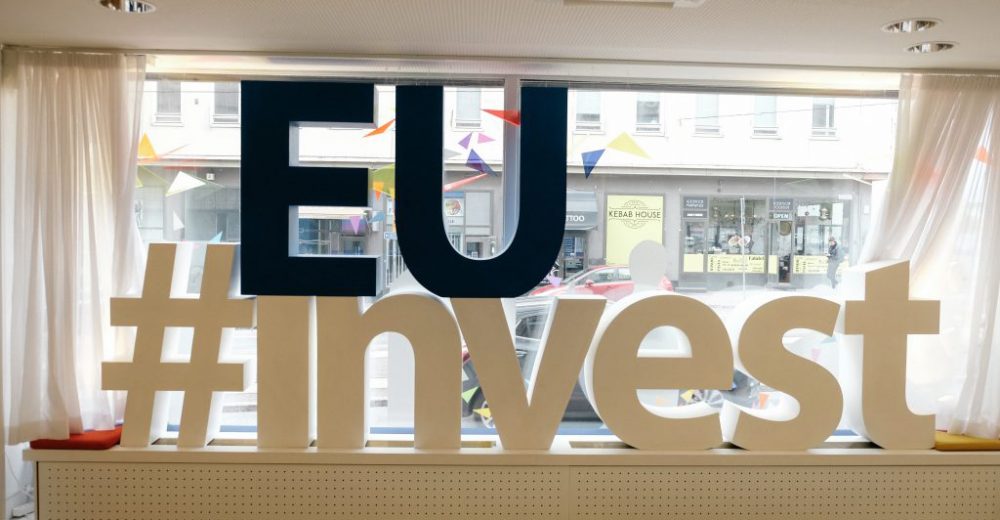Written by: Bianca Manelli, Chantal Cocherová, Georgios Evgenidis, Jiahuan He, Lara Corrado, Suhasni Midha, Yuliia Hladka, Zeynep Atilgan Ozgenc, Luciano Morganti & Heritiana Ranaivoson
What is news? What makes somebody a journalist? In the era of social media and blogs, the answers to these questions are not as clear as they were 10 years ago. With professional journalism still struggling to work through the digitalization of media, the rise of citizen journalism challenges the definition of both news and journalist.
With a few tools at disposal, a smartphone and a taste for news, an internet connection, a Twitter account and a good bunch of followers, if somebody tweets from a social movement, a demonstration or a fire, they can make an online trend. But, does any reported information qualify as news? Does this tweeting activity make them journalists?
According to the American Press Institute, journalism is the activity of gathering, assessing, creating, and presenting news and information. Following this general definition, anyone with a smartphone and social media account could technically do journalistic activities.
Is this definition sufficient to capture journalism? In the digital era, journalism needs to be redefined in order to account for how news and journalist as a profession have evolved in the last years.
Continue reading





